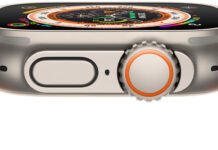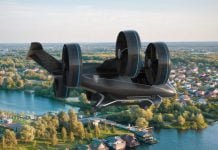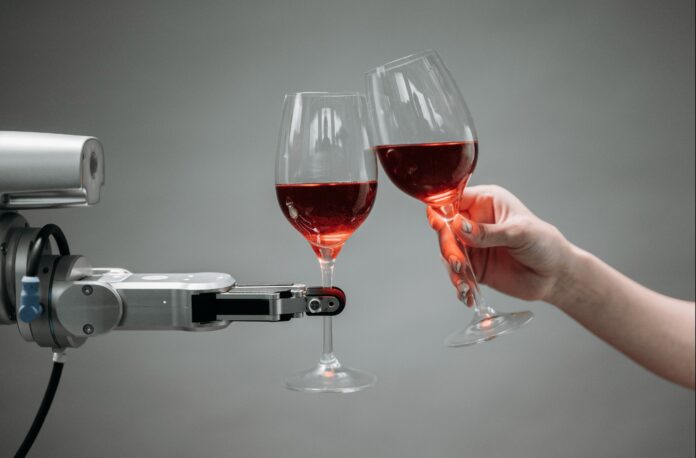Artificial intelligence (AI) and machine learning (ML) are rapidly advancing technologies that are transforming a wide range of industries. From healthcare to finance to transportation, these technologies are making it possible to automate complex tasks, improve decision-making, and gain new insights from data. In this blog post, we will explore the ways in which AI and ML are currently being used in various industries, as well as the potential future applications of these technologies.
Healthcare: AI and ML are being used in healthcare to analyze medical images, predict patient outcomes, and identify potential outbreaks of diseases. For example, deep learning algorithms can be used to detect cancerous cells in medical images with high accuracy, while natural language processing (NLP) can be used to extract information from electronic health records (EHRs) to improve patient care.
Finance: AI and ML are being used in finance to detect fraud, analyze financial data, and make better investment decisions. For example, machine learning algorithms can be used to identify patterns in transaction data that indicate fraudulent activity, while deep learning can be used to predict stock prices and detect anomalies in financial data.
Transportation: AI and ML are being used in transportation to improve the efficiency and safety of vehicles. For example, self-driving cars use computer vision and machine learning algorithms to detect and respond to obstacles, while drones use AI to navigate and avoid collisions.
Manufacturing: AI and ML are being used in manufacturing to improve the efficiency and quality of production processes. For example, machine learning algorithms can be used to optimize the scheduling of production lines and identify defects in products, while robotic process automation (RPA) can be used to automate repetitive tasks.
AI and ML are powerful technologies that are transforming a wide range of industries. From healthcare to finance to transportation, these technologies are making it possible to automate complex tasks, improve decision-making, and gain new insights from data. As these technologies continue to evolve and improve, we can expect to see even more exciting and innovative applications in the future.




















